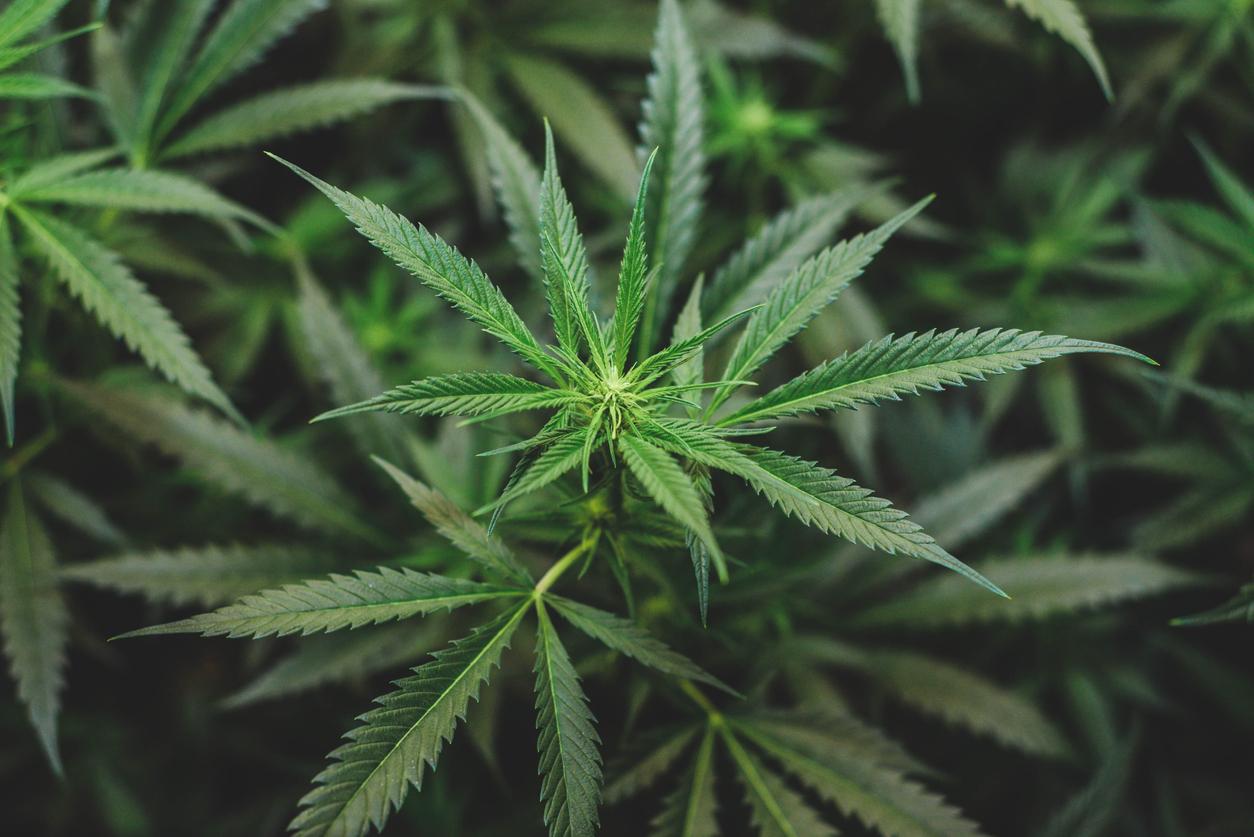States considering legalizing cannabis use should take an example from the laws governing the sale and consumption of tobacco and alcohol.

Legalize cannabis, yes, but within what limits? The example could well come from those which one likes to nickname the “legal drugs”: tobacco and alcohol. The suggestion comes from the RAND Corporation. This organization dedicated to finding solutions to public policy challenges has devoted an article to this subject in theAmerican Journal of Public Health this April 17.
Raise prices and limit varieties
As of November 2012, the recreational use of marijuana has been legal in the US states of Washington and Colorado. An unprecedented decision since even the Netherlands are still in the process of decriminalization. The laws were therefore created ex nihilo. Other states considering following the example will certainly draw inspiration from these “models.” But they can also look at legislation governing the production, sale and consumption of alcohol and tobacco, according to the RAND Corporation. Because the questions, although less thorny, are very similar: how to best authorize the different aspects of marketing, while working to reduce the problems that result from them?
“The lessons of the last decades of alcohol and tobacco regulation offer some avenues for decision-makers who are considering alternatives to the prohibition of cannabis, and who are interested in a public health approach”, believes Beau Kilmer, co- director of the Center for Research on Drug Policy and co-author of the article. In fact, several approaches seem to be sound. The members of the RAND Corporation cite in particular the maintenance of high prices to limit the consumption of cannabis, the establishment of a state monopoly of sales and distribution, the limitation of the varieties available for sale and advertising. , restriction of use in public places.
Variable laws
The states of Washington and Colorado did not wait for this advice to adapt the laws. In both states, the purchase of marijuana is restricted to citizens over the age of 21. Quantities are also limited: 28.3g of reusable cannabis, 452g of solid marijuana infusion and just over 2kg of liquid marijuana infusion for Washington State. Production and sale are subject to licensing in both states. If Colorado allows all forms, Washington State seems more restrictive.
The example of Colorado does not inspire the specialists of the RAND Corporation. “Based on the national experience provided by alcohol and tobacco, it seems prudent – from a public health point of view – to gradually open up the cannabis market. […] and to prevent too rapid commercialization, while making it available to responsible adults, ”explains Rosalie Liccardo Pacula, co-director of the Research Center and co-author of the article. It is clear that the sale of cannabis in Colorado has been anything but gradual: a few months after the effective authorization, cannabis vending machines are already available. Without identity check or quantity limitation.
.

















